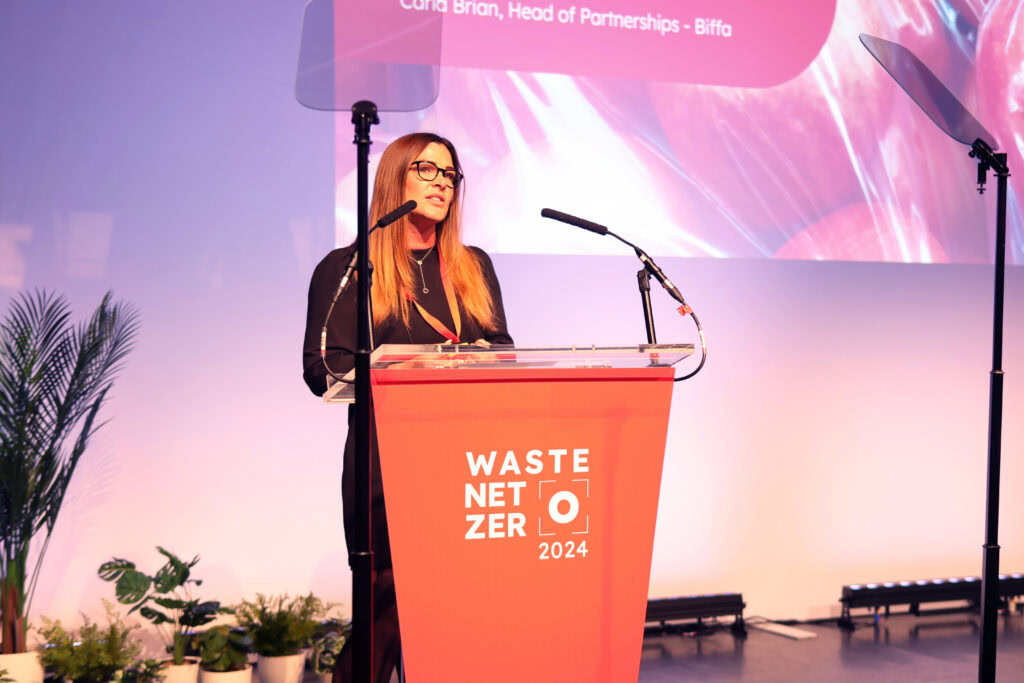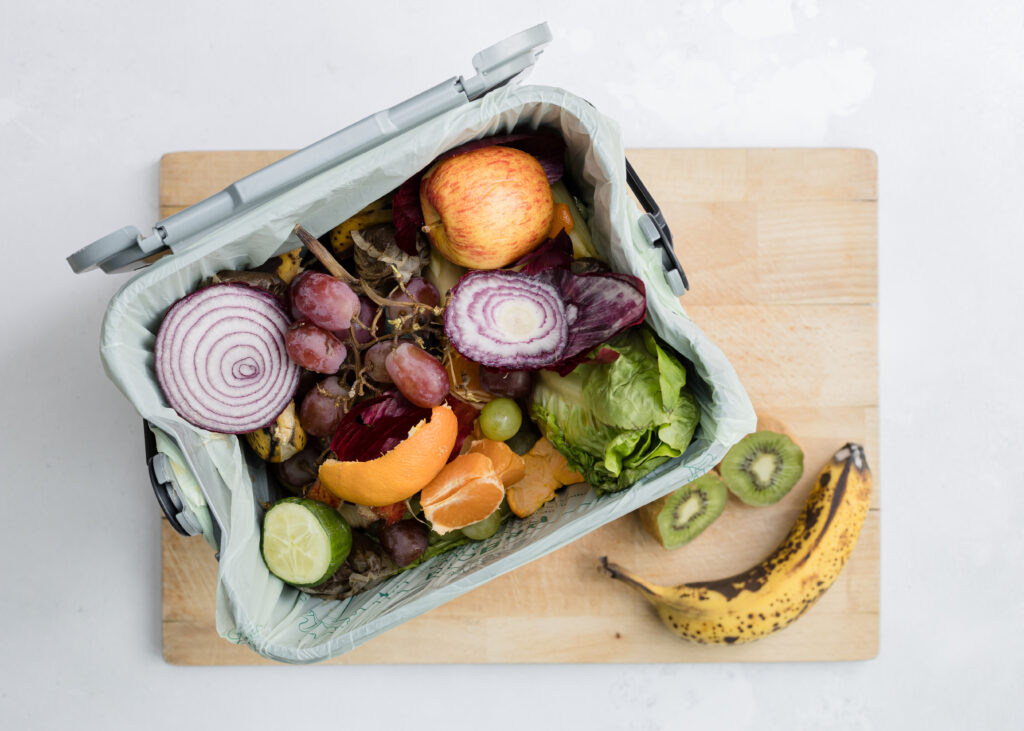The report, ‘the UK Journey to Circularity’, emphasises the need for government legislation aligned with action from UK businesses.
According to the study launched at Biffa’s Waste Net Zero conference at the Birmingham Hippodrome on 11 June, it has identified areas for intervention in the food loss and waste supply chain, providing timescales for implementation.
The report suggested that expanding food redistribution offers the largest opportunity for reducing food loss and waste.
The company claimed progress has already been made by the Biffa Group’s subsidiary, Company Shop Group, which works with manufacturers and retailers to process surplus stock that would otherwise go to waste.
In 2023, Company Shop Group redistributed over 45,000 tonnes of food and drink products. This surplus is sold at discounted prices in one of 14 Company Shop locations and 12 Community Shops, with a 13th store opening soon. These social enterprises support communities in the most deprived areas of the UK.
Biffa’s report also emphasised its belief in the importance of government action. The company has claimed upcoming mandatory food waste segregation legislation could see a further 1.4 million tonnes of waste avoided.
The Simpler Recycling legislation in England, set to be implemented in 2025, will require all UK businesses with more than ten employees to separate food waste for dedicated collection. According to Biffa, this legislation, along with the already live Workplace Recycling scheme in Wales and existing legislation in Scotland, has the potential to capture substantial amounts of material that currently cannot be effectively extracted due to co-mingling with other waste.
In a recent survey by Biffa of UK businesses, nearly two-thirds (62%) of respondents recognised that Simpler Recycling would impact their operations, ranking it the second most important upcoming piece of waste legislation.
Further interventions suggested in the report include: matching food supply and demand, redefining how food is valued, and shifting towards reusable packaging.
Changes
Carla Brian, head of partnerships at Biffa, said: “Existing infrastructure capacity to handle upcoming changes in how food waste is collected and handled is insufficient, so needs expanding. Transport, reverse logistics, sorting, cleaning and storage capacity will be necessary if opportunities for food redistribution are maximised. Anaerobic digestion capacity will also need to be built out once there is confidence more food waste will be captured.
“Legislative changes to food waste collections will generate data that clarifies the size of the UK’s food waste problem. Most data currently relies on estimations. Food systems reporting (such as mandatory reporting for businesses and development of a clear food hierarchy) would allow for better understanding of where and how food loss occurs and waste is generated, enabling development of targeted circular activities. Implementation of these pieces of legislation needs to be carefully considered, though, to ensure the impact is not detrimental to businesses.”










Subscribe for free